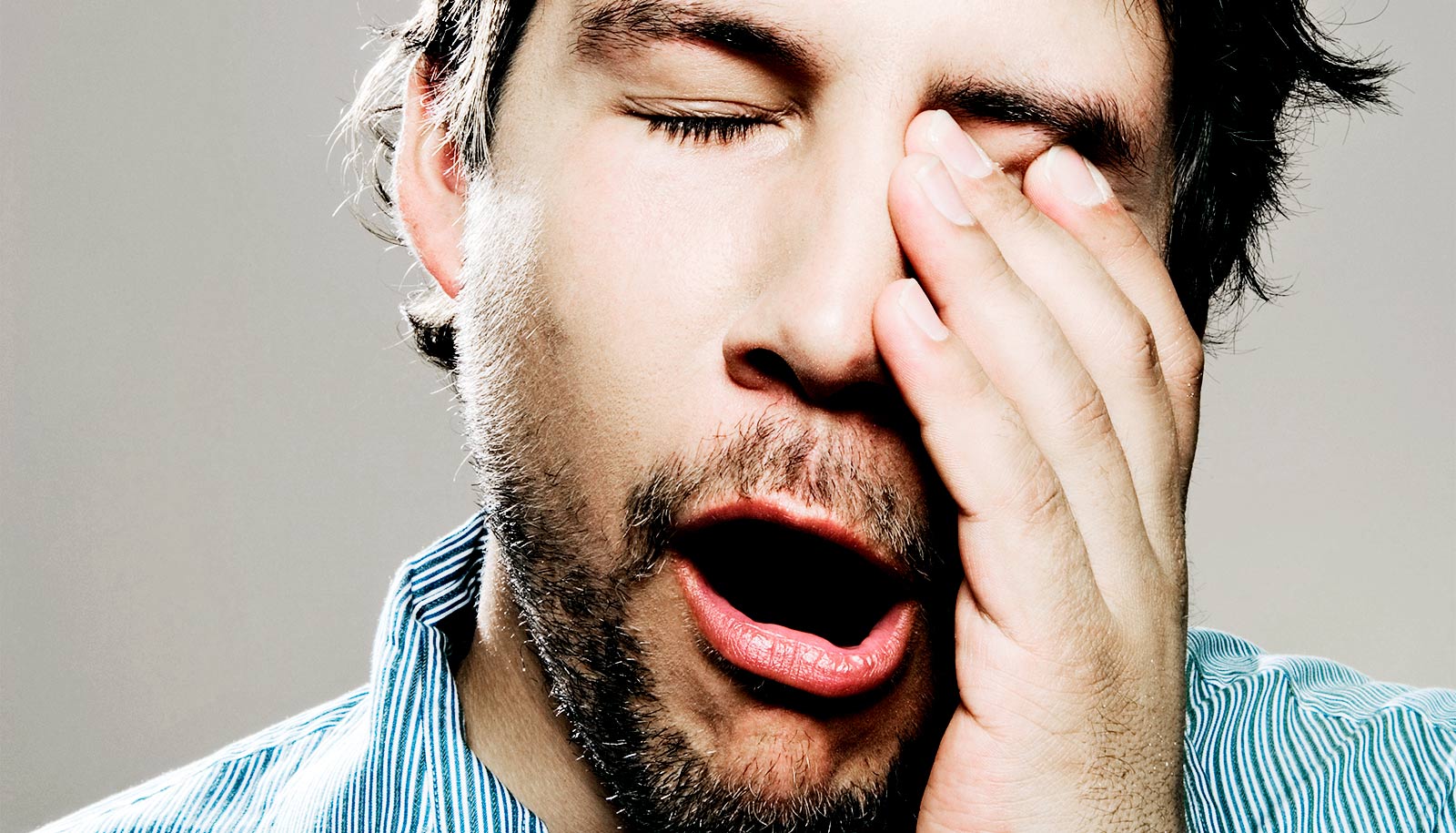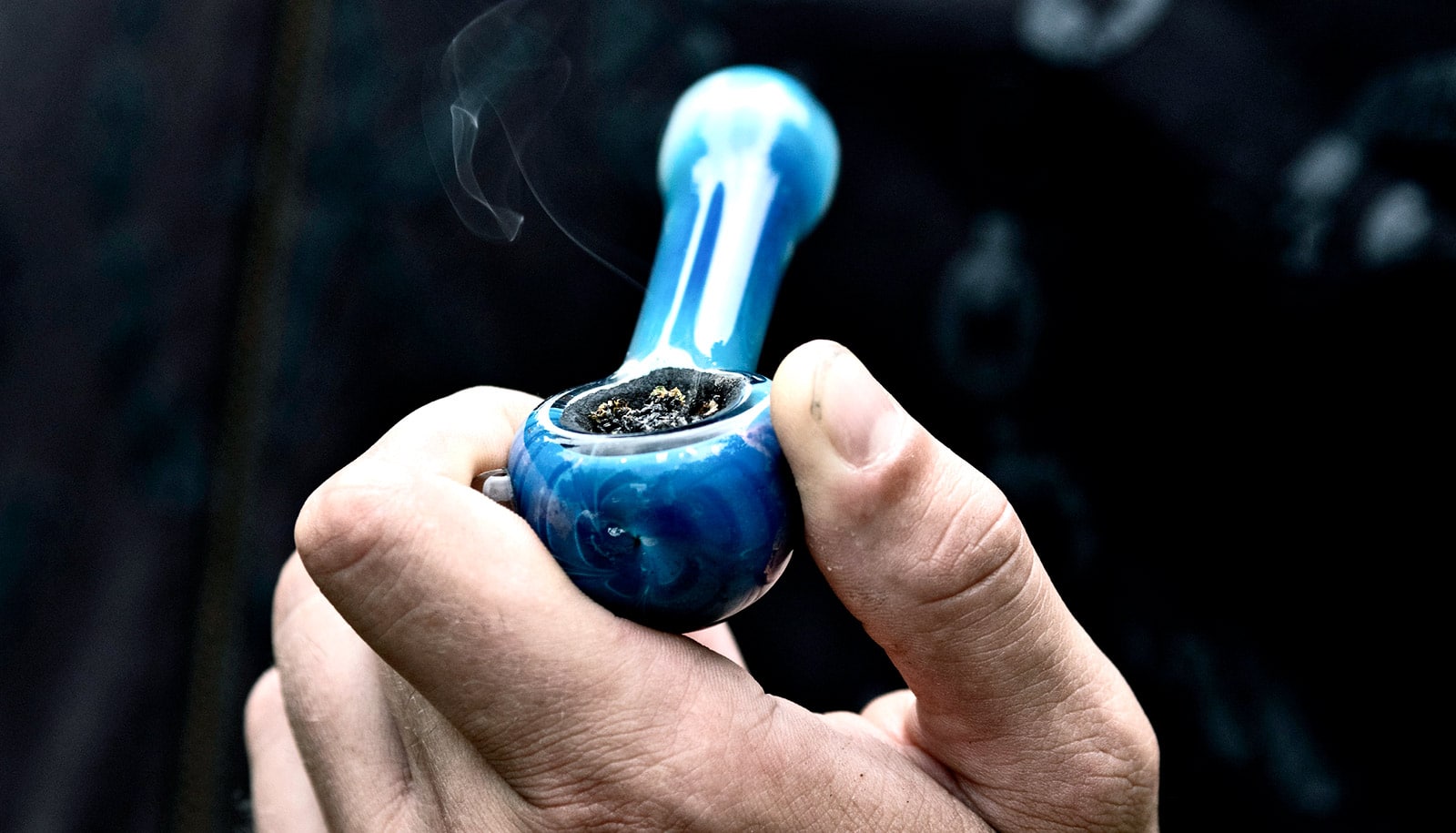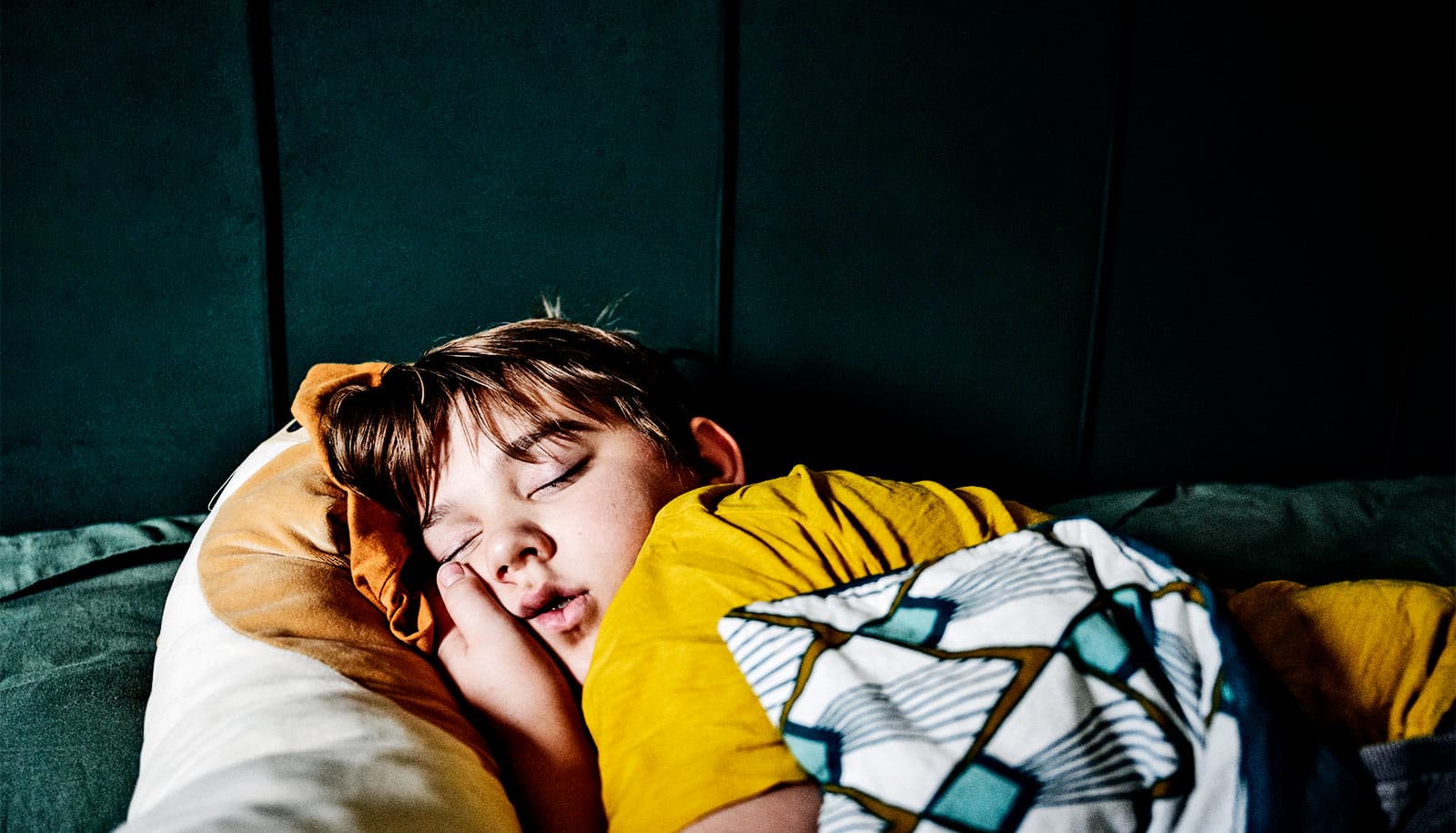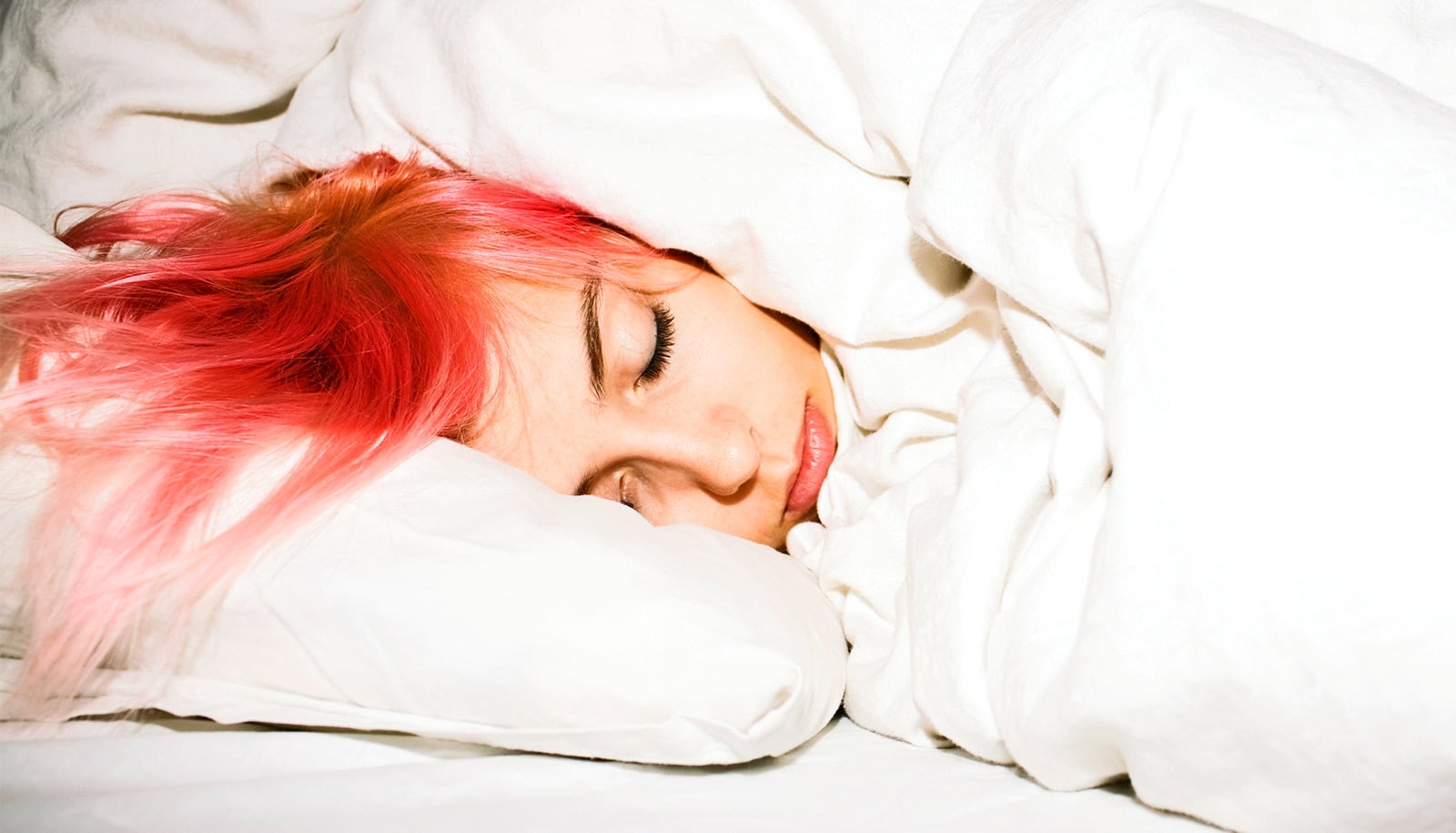A sleep expert has tips for you to help improve your sleep hygiene and do away with bad habits.
Our addiction to electronic devices, everyday worries, excessive uses of stimulants and alcohol are all contributors to a persistent problem among Americans.
A lack of sleep.
About one in three adults do not get the recommended amount of sleep, according to the Centers for Disease Control and Prevention. These folks sleep about six hours or less. The recommended number of hours for an adult is seven hours, experts maintain.
Sleep disorders such as sleep apnea, restless legs syndrome, and insomnia can compound the problem of sleeplessness.
Here, Christian Agudelo, education director of the Evelyn F. McKnight Brain Institute and assistant professor of clinical neurology at the University of Miami Miller School of Medicine, digs into how you can improve our sleep.
What happens to the body when we consistently sleep less than seven hours?
When we consistently sleep less than seven hours, several things happen. We forget what it is like to feel rested. We function suboptimally. We lose our ability to stay focused. We lose our ability to control our emotions. Over time we may get used to sleeping for five or six hours or less, but in reality, we miss an opportunity to be our most effective selves.
What are some of the most common ways that we ruin our sleep?
There are many ways that modern society ruins our sleep. Not long ago, I would say that a television in the bedroom was the greatest technological detriment to sleep. Today, interactive screens are a far greater culprit. Interactive screens are designed to keep you awake and hooked on the infinite scroll of information. Your captured attention is a commodity that is constantly bought and sold.
So put your phone away.
What about alcohol and caffeine? How do they affect sleep?
Alcohol is terrible for sleep. Alcohol can help you not be awake, but this is not the same as being asleep. Alcohol might turn off the part of the brain that keeps you awake, but it makes it very difficult for the brain to achieve restorative sleep.
Caffeine promotes wakefulness. While caffeine is active in your system, it helps inhibit sleep. Even if you are able to fall asleep after drinking a cup of coffee, that caffeine will diminish the quality of your sleep.
What are some of the habits we should have to encourage and promote sleep?
Wake up at the same time every day.
Create a space that is comfortable and conducive to sleep. A dark and cool room.
Make sure there are no artificial lights or overhead lights in the room. Remember that 400 years ago, people approximately went to bed when the sun went down and woke up when the sun came up. Aligning your sleep and wake patterns with the sun helps set your circadian rhythm, which is the body’s internal 24-hour clock that regulates cycles of sleep and wake.
Do not stay up too late. We should go to bed when our bodies ask for sleep. Staying up beyond our biological bedtime can make it difficult to fall asleep.
What should we do when we wake up at 3AM and cannot go back to sleep?
If you wake up during the night and start to feel frustrated because you cannot get back to sleep, get out of bed. Do something to pass the time, like reading in another room, and go back to bed when you start feeling sleepy again. Do not stay in bed frustrated because the brain will associate being in bed with feeling frustrated about not falling asleep, which perpetuates that cycle.
Many people take sleep medications. What are the long-term implications of doing this?
Sleeping pills are a complicated topic that differs from person to person. Long term use of some sleeping pills can have consequences. We are concerned that they could cause dependence or affect cognitive function. However, not sleeping could also affect cognitive function. It is best to discuss with your health care provider.
Source: University of Miami



